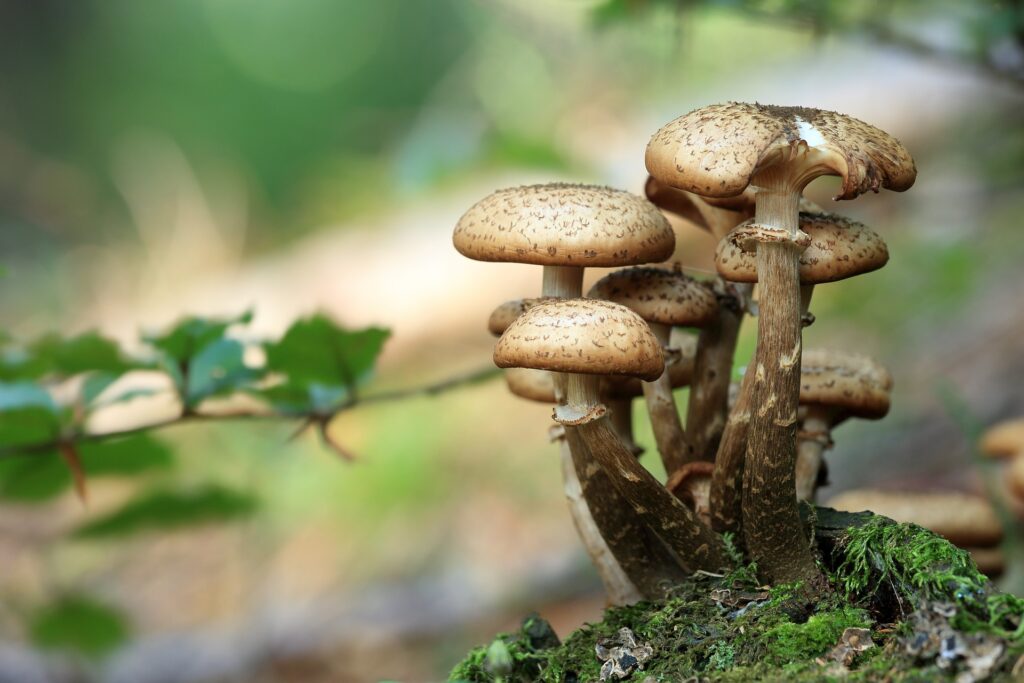
Fungi is fast becoming a worldwide fad. Mushrooms of various shapes and colours are marketed as a cure for a multitude of ailments. While there is no shortage of enthusiasm to inspire hope and confidence, many are sceptical as to whether there is any concrete proof to support the benefits of these natural supplements or whether this is a classic case of a potent placebo effect playing out on a large scale.
It seems that every month a new exotic name appears on the shelves of health shops and farmers markets. Shitake, chaga, lion’s mane, cordyceps – the list is somewhat expansive. These mushrooms are being sold as smoothies, teas, tinctures, powders, and snack bars. It is estimated that the sale of mushrooms contributed 7.4$bn of revenue in the US in 2020. The real question remains, do these fungi actually work?
What Claims are Made?
Every variant of mushroom lays claim to a unique capability and benefit. Shiitakes are meant to prevent cell damage, encourage white cell production, and bolster immune response. Cordyceps are meant to possess potent anti-aging properties, enhance athletic performance, support heart health and combat inflammation while also having anti-tumour effects. Lions Mane supports mental health in relieving mild symptoms of depression and anxiety, accelerating recovery from nervous system injuries and potentially preventing the onset of dementia. The list goes on.
This is Not a New Obsession
Consuming mushrooms as a form of medicine dates back to 450 BCE. Hippocrates believed that the amadou mushroom cauterised wounds and combatted inflammation. Chinese societies have praised reishi mushrooms for their anti-aging properties since 206 BCE.
About 5300 years ago, Ötzi, the Ice Man, was discovered as a somewhat-preserved corpse in the Italian alps. Strapped around his neck was a leather band threaded with a specific type of mushroom known to kill intestinal parasites. Upon further investigation, scientists discovered whipworm eggs in his digestive system.
The Verdict
If one thing is for sure, it is that the efficacy of mushrooms as medicines remain rather uncertain. There is compelling evidence to support some element of truth in the claims made by those who market and consume various forms of mushroom supplements. These claims do, however, tend to extend far beyond what has been scientifically proven.
The FDAs regulation of supplements such as mushroom tinctures remains minimal. This means that such products cannot legally claim to cure or treat any symptom or illness. This results in extravagant and vague descriptions that oftentimes tend dangerously close to crossing a line. As these products are not regulated by the FDA, there is no accountability regarding the ingredients therein. Unlike when you visit site that’s registered and you’re protected. This could mean that a tincture does not contain nearly as much of a certain mushroom as it claims to. Therefore, if you want to experience first-hand the potential benefits of a mushroom supplement, it is worth purchasing from a trustworthy distributor. In essence, a healthy amount of common sense should be exercised when purchasing and consuming mushroom tinctures, teas, or powders.


